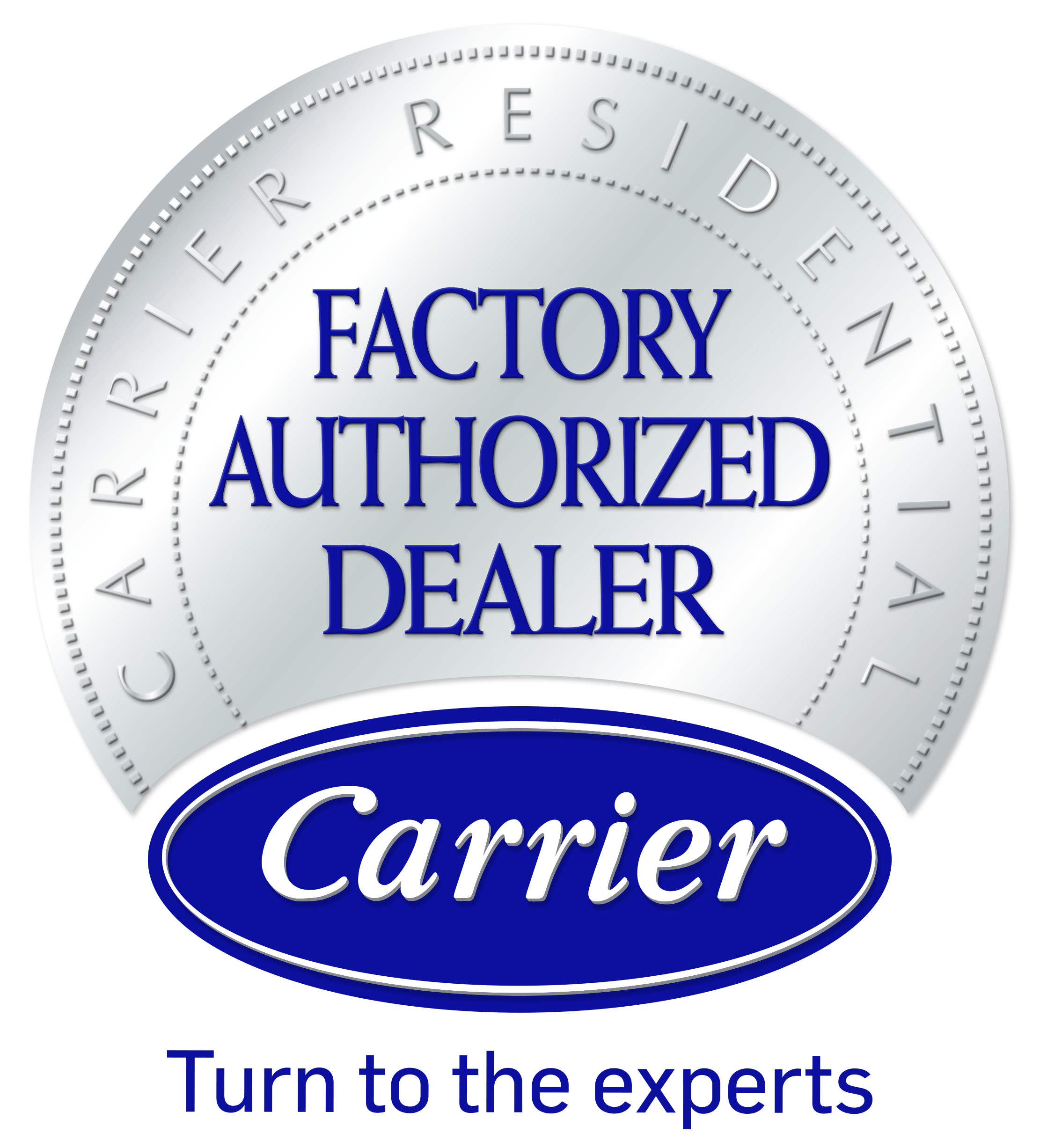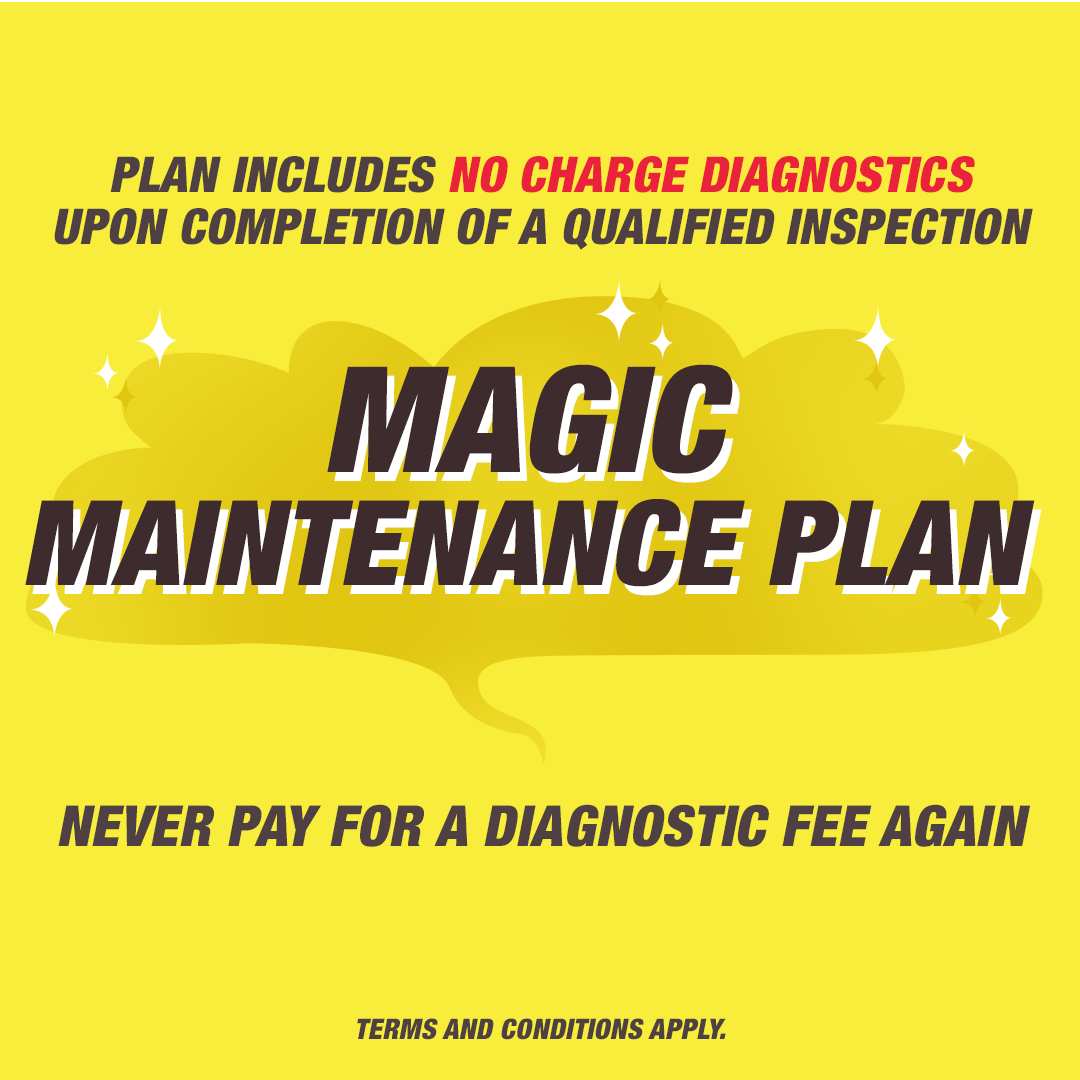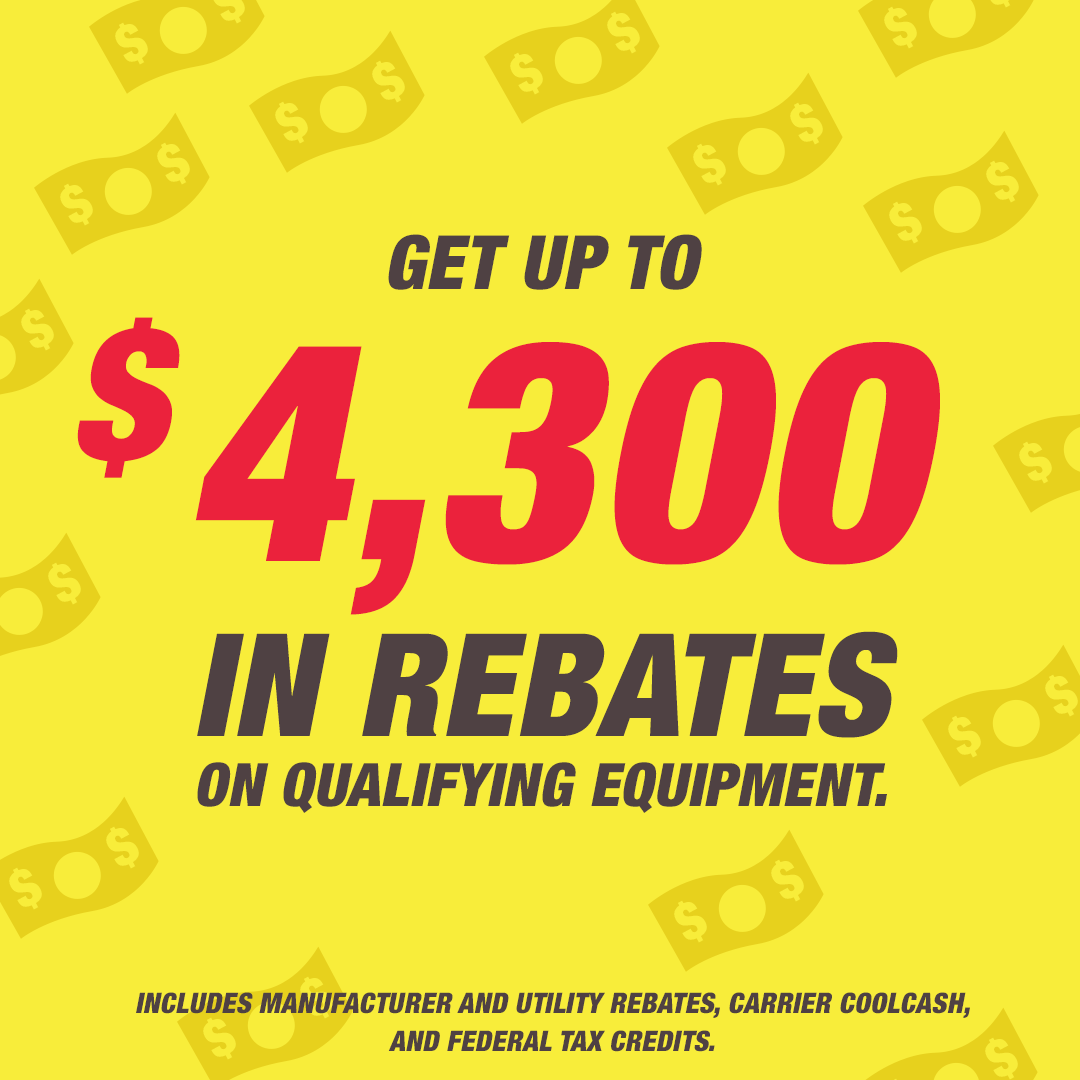Repair or Replace?
Factors To Consider When Deciding To Repair Or Replace
- Some of your rooms are too hot or cold.
Duct problems, inadequate air sealing or insulation could be the cause. No matter how efficient your heating and cooling system is, if your home is not properly sealed and insulated against air leakage, you will not be as comfortable and your system will have to work harder. - Your home has humidity problems and/or excessive dust.
Poorly operating or improperly sized equipment could be to blame. Leaky ductwork can also cause these problems, so having it sealed may be a solution. Monthly maintenance of your heating and cooling equipment’s filters may also help. - Your cooling system is noisy.
Your duct system could be improperly sized or there may be a problem with the indoor coil of your cooling equipment. - Your equipment needs frequent repairs and your energy bills are going up.
In addition to the rise in energy costs, the age and condition of your heating and cooling equipment may have caused it to become less efficient. - Your air conditioner or heat pump is more than 12 years old.
Consider replacing it with newer, more efficient equipment. And, remember, high efficiency levels begin with ENERGY STAR. - Your furnace or boiler is more than 15 years old.
Consider replacing it with ENERGY STAR® qualified equipment. ENERGY STAR has set high efficiency guidelines for both types of heating systems. - You leave your thermostat set at one constant temperature.
You could be missing a great energy-saving opportunity. A programmable thermostat adjusts your home’s temperature at times when you’re regularly away or sleeping. - Your score on the ENERGY STAR Home Energy Yardstick is below five.
That means you’re using more energy at home than most Americans and probably paying more than you need to on energy bills. Get personalized recommendations to improve your home and/or heating and cooling system. Find the Home Energy Yardstick at www.energystar.gov. Click on Home Energy Analysis.
Call Aladdin Heating & Cooling or fill out the contact form on our website and have a professional talk to you about any questions you might have!
Source: “A Guide to Energy-E!cient Heating and Cooling,” U.S. Environmental Protection Agency





